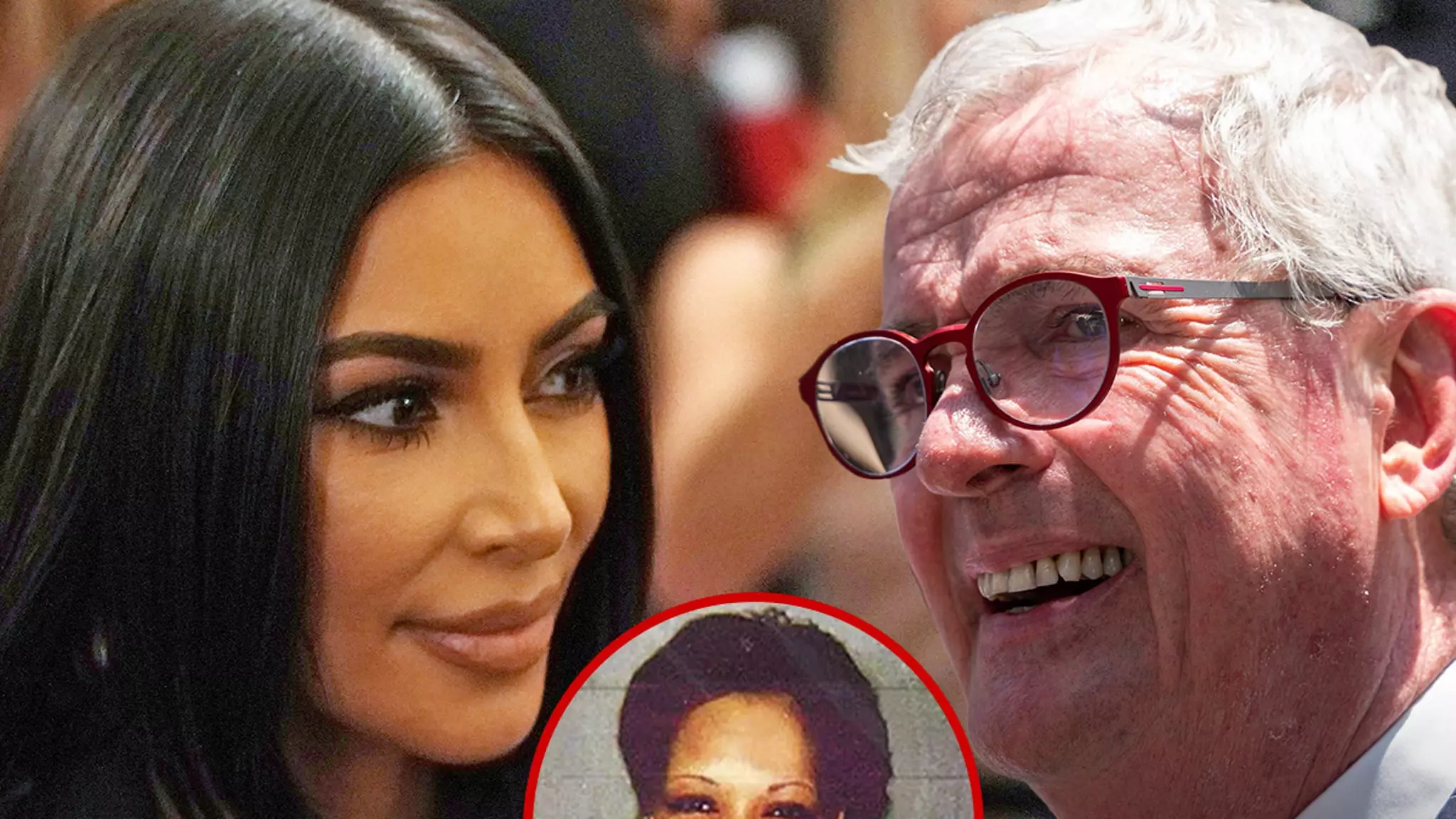In recent years, the intersection of celebrity influence and social justice has become increasingly apparent, with figures like Kim Kardashian stepping into advocacy roles that challenge systemic issues within the justice system. Governor Phil Murphy of New Jersey has publicly credited Kardashian for her dedication to freeing individuals wrongfully incarcerated, a sentiment made evident following his decision to commute the sentence of Dawn Jackson. Jackson, who had spent 25 years in prison for a crime that stemmed from years of unimaginable trauma and abuse, is now receiving a second chance thanks in part to Kardashian’s impassioned advocacy.
Dawn Jackson’s Story: A Complex Narrative
Dawn Jackson’s case is emblematic of the harsh realities faced by individuals who experience profound trauma in their lives. Convicted of fatally stabbing her step-grandfather in 1999, Jackson asserted that she did so in an act of self-defense after suffering from years of sexual abuse—an argument that, regrettably, never made it to her trial. The original advice from her public defender—to plead guilty to a first-degree murder charge—reflects the significant deficiencies in legal representation that many disenfranchised individuals face. The revelation of her story highlights the often-overlooked aspects of cases involving violence and the historical trauma that can lead to such desperate actions.
Governor Murphy has emphasized the importance of recognizing the nuances in Jackson’s case. By commuting her sentence from 30 to 25 years, he acknowledged both her accountability and the larger context of her circumstances, thus opening the door for her reintegration into society. His public statement articulated a clear acknowledgment of the systemic failures that can imprison individuals long after they have paid their debt. Jackson’s eventual release not only signifies personal triumph but also serves as a potent reminder of the potential for rehabilitation within the justice system.
Kim Kardashian’s Longstanding Commitment
Kim Kardashian’s efforts in justice reform extend beyond just Dawn Jackson. Since 2018, Kardashian has been actively involved in the campaign to rectify wrongful incarcerations—a mission that places the spotlight on the broader systemic issues plaguing the American judicial system. Her previous advocacy on behalf of Alice Marie Johnson, who was serving a life sentence for a non-violent drug offense, establishes Kardashian as a serious player in the arena of criminal justice reform. She uses her platform to raise awareness and foster dialogue around essential issues, lending her voice to those who have been silenced.
The collaboration between Kardashian and Governor Murphy illustrates the pivotal role that public figures can play in influencing policy and sparking change. Their joint efforts in cases like Jackson’s have not only provided a narrative of hope for the wrongfully imprisoned but also fostered discussions surrounding the need for systemic reform. As conversations about the justice system continue to evolve, the emerging partnership between celebrity advocacy and governmental action could mark a formative shift in how society addresses the intricacies of crime, punishment, and rehabilitation.
While celebrity advocacy may be met with skepticism, Kim Kardashian’s actions underscore a critical narrative that highlights both the complexities of individual cases and the potential for systemic change. As more public figures engage in social issues, their influence could catalyze a slow yet necessary evolution within the justice system, ultimately paving the way for a more just society.

